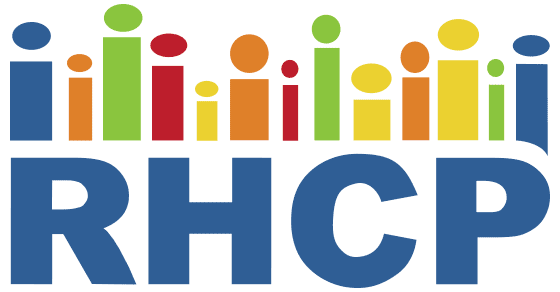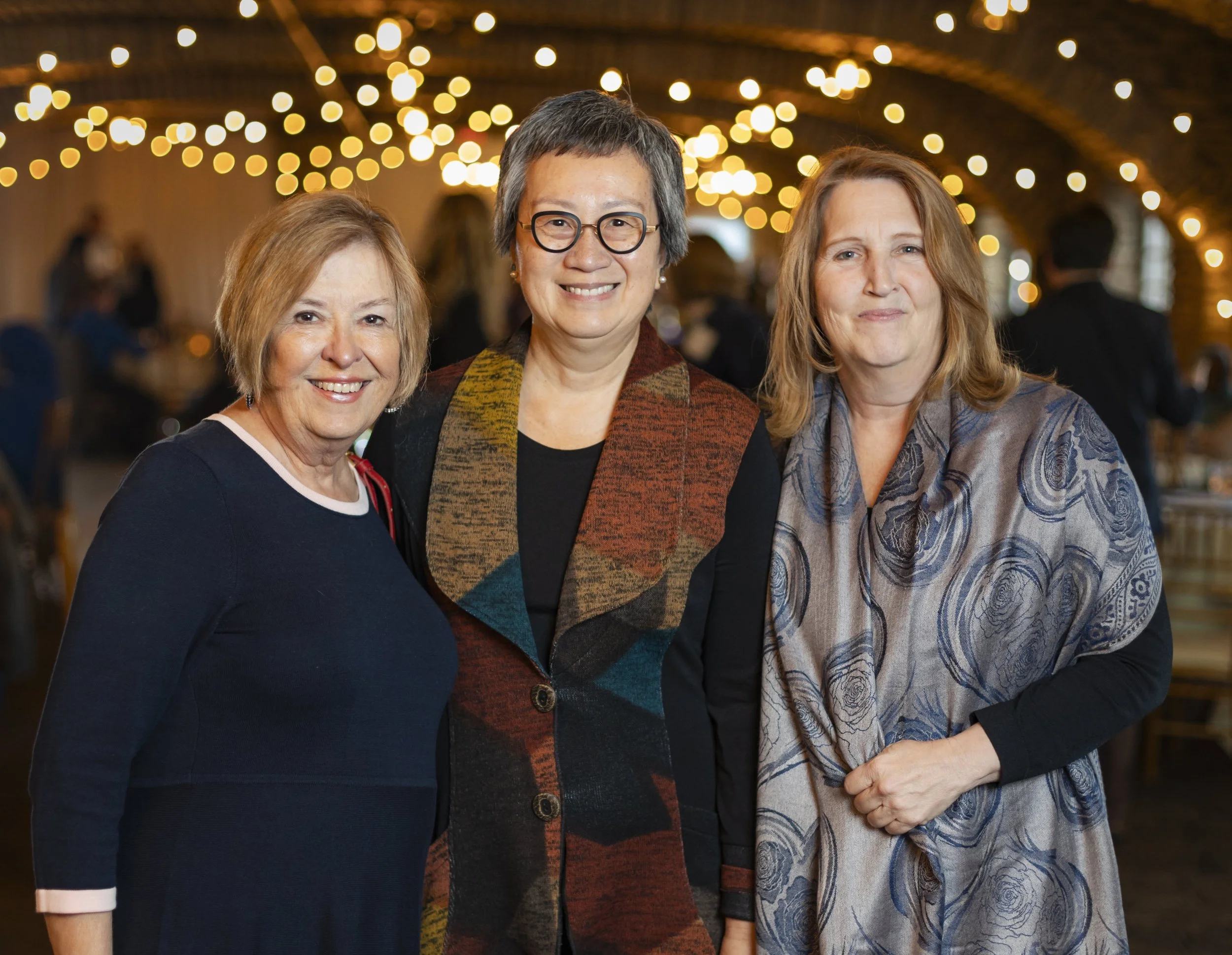How RHCP came to be
In 2004, Jenny Weis, a Mayo Clinic nurse pursuing her master’s degree in transformational leadership, made such a choice: She chose to explore a local adult learning and early childhood program, and became a volunteer at Hawthorne Education Center in Rochester, Minnesota. Within days of beginning her practicum, she requested a meeting with Hawthorne’s program manager, Julie Nigon, to share an observation. In her no-nonsense style,
Jenny said, “Julie, your students are sick!” Jenny and Julie discussed their concerns about student health including active tuberculosis (TB) which had been diagnosed several times in Hawthorne’s population. Julie shared that each time a case was diagnosed, the effect on students and staff was problematic, to say the least.
Jenny’s next choice was to speak with Irene Sia from Infectious Disease at Mayo Clinic. Again, that choice proved providential. Irene immediately recognized the gravity of the TB issue at Hawthorne. She, Jenny, and Julie began to meet regularly to discuss options for approaching this issue. They soon realized that, although committed, they needed a team to tackle the health issues of Hawthorne. Additional members from healthcare, education, and refugee/immigrant services joined. Together, they formed Hawthorne Health Initiative, the beginning of Rochester Healthy Community Partnership (RHCP).
The next step was a needs assessment to document the health issues faced by Hawthorne learners. In addition, rather than concentrating on deficits, the team made the choice to leverage existing strengths of the Hawthorne community through an asset-based community development summit in 2006. Yet another choice led to the key value for what was to become RHCP. In the same year, Julie, Jenny, and Irene attended a professional development program on sustainable partnerships and service learning in Leavenworth, Washington. There, they learned about sustaining community-academic partnerships, which later led them to learn about community based participatory research (CBPR).
Back in Rochester, Minnesota, they continued to learn together and strengthen their partnership. They adapted CBPR principles, established operating norms, and defined RHCP’s mission and vision. In 2008, RHCP received its first National Institutes of Health (NIH) grant with the NIH Partners in Research program. RHCP chose the adult education model of learning by doing. They would learn about CBPR by studying TB and, with the community, search for solutions.
Please see the “Let’s Talk about TB” project which details the efforts of researchers, teachers, administrators, and, most importantly, Hawthorne adult learners to stop the spread of TB. Together, they made choices that promoted health, built trust, and led to 20+ years of community-engaged research by RHCP.



